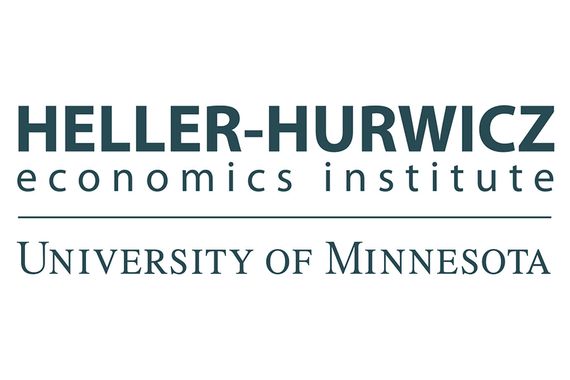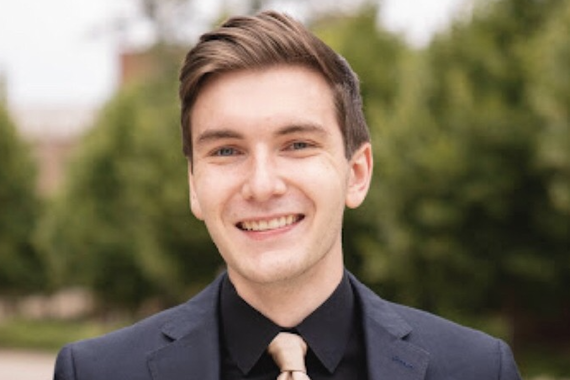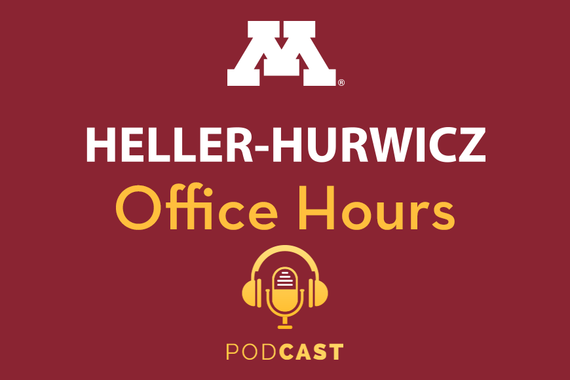Policy issue: Does the Federal Reserve need to cause a recession to reduce inflation?
In hindsight, Larry Summers' 2022 prediction that "we need five years of unemployment above 5 percent to contain inflation" seems wrong. But why? Tom Sargent argued that inflation and wage growth is determined by the expectations of future inflation. What's the role of monetary and fiscal policy for shaping these expectations? Can we add this period of decreasing inflation as one of Sargent’s Ends of Big Inflations?
Stream on Spotify: "Does the Federal Reserve need to cause a recession to reduce inflation?"
In this episode:
- Discussion of the credibility of the Federal Reserve in achieving inflation reduction without a recession.
- Historical examples of successful inflation reduction without a recession, such as the end of hyperinflations in Europe (Tom Sargent) and Paul Volcker's tenure.
- Critique of conventional economic models like the Phillips Curve
- Discussion on the 2% inflation target and its role in maintaining credibility in monetary policy.
-
The importance of credibility, commitment, and consistency in monetary policy to effectively address inflationary pressures without resorting to recessionary measures.
Links to further info and research:
The Ends of Four Big Inflations, Tom Sargent
What Is the Phillips Curve (and Why Has It Flattened)?, Federal Reserve Bank of St. Louis
Paul Volcker, Board of Governors of the Federal Reserve biography
Larry Summers Says US Needs 5% Jobless Rate for Five Years to Ease Inflation, Bloomberg, June 20, 2022
Oops, Minneapolis economists explain to me how inflation can cool without recession, Star Tribune, December 16, 2023
The economy: Why we should not be surprised by a soft landing, Star Tribune Opinion, February 16, 2023
How the Fed ended the last great American inflation — and how much it hurt, Vox, July 13, 2022
How Did It Happen?: The Great Inflation of the 1970s and Lessons for Today, Federal Reserve working paper, June 2022
Speaker bios:
V.V. Chari has been a professor of economics at the University of Minnesota since the Fall of 1994. He is currently the Paul W. Frenzel Land Grant Professor of Liberal Arts and is the founding director of the Heller-Hurwicz Economics Institute. He received a Bachelor of Technology in Chemical Engineering from the Indian Institute of Technology, Bombay in 1974, and was a Production Engineer at Union Carbide (India) Limited from 1974 to 1976. He received his Ph.D. from Carnegie-Mellon University in 1980 and joined the J. L. Kellogg Graduate School of Management, Northwestern University as an assistant professor of managerial economics. In 1986 he moved to the Federal Reserve Bank of Minneapolis where he eventually became senior research officer and economic advisor. In 1992 he returned to the Kellogg Graduate School of Management as Harold H. Hines, Jr. Professor of Risk Management. He served as an associate editor of the Journal of Financial of Intermediation, and serves on the board of editors of the Journal of Economic Theory, Macrodynamics , and the Review of Economic Dynamics . In 1998, he was elected fellow of the Econometric Society. His research interests are in banking, fiscal and monetary policy and in issues of economic development. He has written extensively on banking crises, exchange rate fluctuations and international capital flows.
Gary Stern was president and chief executive officer of the Federal Reserve Bank of Minneapolis from March 1985 to September 2009. Stern, a native of Wisconsin, joined the Federal Reserve Bank of Minneapolis in January 1982 as senior vice president and director of research. Before joining the Minneapolis Fed, Stern was a partner in a New York-based economic consulting firm. Stern's prior experience includes seven years at the Federal Reserve Bank of New York. Stern serves on the board of directors of FINRA, The Dolan Company, The Depository Trust and Clearing Corporation, Ambac Assurance Corporation, and the Council for Economic Education (CEE), where he served for a time as acting President and Chief Executive Officer. Stern is co-author of Too Big to Fail: The Hazards of Bank Bailouts, published by The Brookings Institution (2004). Stern holds an A.B. in economics from Washington University, St. Louis, and a Ph.D. in economics from Rice University, Houston. He formerly served as chair of the board of the Northwest Area Foundation, The Minneapolis Club, and Blue Cross Blue Shield of Minnesota. He was also a board member of the Minneapolis College of Art and Design, Hamline University, and ETS. Stern is the recipient of the 2009 Visionary Award from CEE and the Distinguished Alumnus Award from Washington University’s College of Liberal Arts in 2010.
Chris Farrell is economics editor of Marketplace Money, a nationally syndicated one-hour weekly personal finance show produced by American Public Media. Chris is also economics correspondent for Marketplace, the largest business program in broadcasting and chief economics correspondent for American RadioWorks, the largest producer of long-form documentaries in public radio. He is also contributing economics editor at Business Week magazine. He was host and executive editor of public television’s Right on the Money. He is the author of two books: Right on the Money: Taking Control of Your Personal Finances, and Deflation: What Happens When Prices Fall. Chris is a graduate of Stanford and the London School of Economics.
Timestamps:
- Role of credibility of the Federal Reserve in reducing inflation 6:20
- Tom Sargent’s Ends of Four Big Inflations 8:16
- Paul Volcker and the response of the Federal Reserve to inflation in the 70’s 14:01
- Response to Larry Summers and the need for 5% unemployment 17:49
- Role of the 2% inflation target 25:20
- Persistence of inflation 33:18
- Measuring credibility 35:35
- Goods disinflation and service inflation 38:50
- Role of the source of inflation 43:55
- Role of expectations in disinflation 48:57
- Role of fiscal policy in inflation 54:37
- Rate cuts in 2024 59:29
Subscribe to Office Hours
Season 2 of Office Hours is currently under production and will be released in spring 2024. Don’t miss an episode - subscribe and listen to the Heller-Hurwicz Office Hours podcast on:


